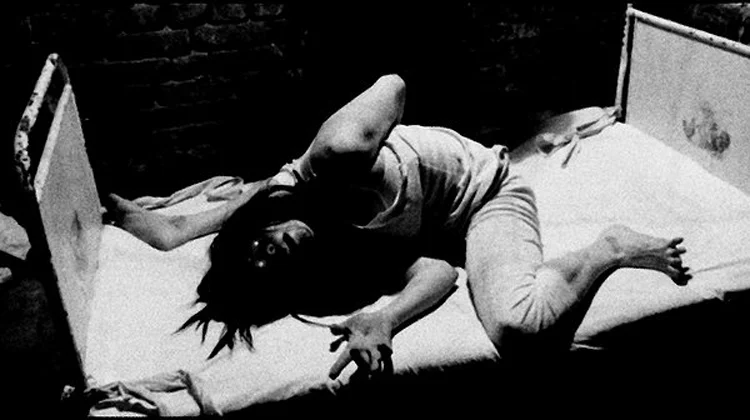The very first time I remember feeling disgust for an Asian brand was when Miranda Kerr was chosen as the cover model forVogue Japan's 15th Anniversary issue. There is just no way that a country like Japan, with its own prosperous fashion and modeling industry, couldn't find a single Japanese model to grace its cover. After that, I kept noticing it everywhere. Kanebo Cosmetics, another Japanese brand, uses white models constantly in their ad campaigns. Same with Shiseido Cosmetics, who famously hired Angelina Jolie to be their official spokesmodel in their Japan-only ad campaign from 2007 to 2009. If you take a look at the e-commerce site for Lazada, a Philippine clothing brand, every single male model is either a white-passing mestizo or a white guy. A few months ago, Vogue India chose Kendall Jenner as their cover model for their 10th Anniversary issue.
Elaine YJ Lee wrote a great article, "Why Do So Many Asian Brands Hire White Models?" last year for the popular streetwear blog, High Snobiety. In it, she talks about the history of this practice (Asian brands don’t define Asians as their sole target customer. Being a brand in Asia doesn’t equate to being a brand only for Asians). She also talks about the unspoken rule: To Asians, especially the older generations, it's considered uncool to be Asian. It's generally considered more sophisticated to be European or American. But did her article purposefully omit the legacy of western colonialism and occupation in Asia, and the ways Asians perpetuate white worship, especially when it comes to fashion and beauty? That's right, it's not just Asian Americans that do this. In the Philippines, for example, it's damn near impossible to buy skincare products that don't have some sort of whitening agent in them. And according to this white paper by C.N. Le, a sociology professor at the University of Massachusetts at Amherst, "European colonization of non-white countries in Africa, Asia, and Central/South America elevated European history and culture, including the physical appearance of whites as a racial group. This solidified Europeans’ position at the top of the political, economic, cultural, and military hierarchy on a global scale. As their culture spread, frequently by means of physical conquest, racially-based standards of beauty came to include light-colored hair and eyes and, perhaps most importantly, light skin. After the U.S. rose to the top of the global hierarchy in the 20th century, these European-based images of beauty eventually melded into a general white-based standard of beauty."
What kind of message does this send to the rest of the world? This is the message that I'm getting: In order to sell to Asians, you have to put your merchandise on white models. If Guo Pei only uses Asian models, Asian people won't buy it. The message is that Asian brands still long for validation from whites in order to see themselves as marketable and successful. This message spills all the way over to the global film industry, where white-washing of Asian characters is still rampant, despite Asian audiences predicted to occupy up to 80 percent of the market in the next twenty years.
According to this 2016 Bain & Company report on the luxury goods market, Chinese shoppers — particularly the middle class — are expected to make up approximately 34 percent of global luxury consumers in the next four years, well ahead of American and European consumers. As of now, Japan holds onto its title as the top market for luxury goods growth. If that is true, then it makes absolutely no financial sense for Western and Asian brands to continue to use white models, ESPECIALLY when marketing to an Asian audience.
Asian brands need to do better: Stop using white models. Western brands need to do better too. Start using more Asian models and other people of color. We're all getting sick and tired of seeing the Jenners, the Hadids, Hailey Baldwin, and Lily Rose Depp anyway.

























I usually do a write up of the events I’ve organized or hosted and my most-read articles at the end of the year. This was an unusual year (obviously, there is no need to go into it here) so I didn’t bother. Instead I want to highlight a project of mine that I am particularly proud of — it’s my new podcast show, Unverified Accounts, that I cohost with my frequent collaborators, Chris Jesu Lee and Filip Guo. If you're a big movie/TV/book buff, have leftist sympathies, but can't stand 'wokeness' dumbing down our culture, then we're the podcast for you. So far in our 25 episodes, we’ve covered a range of contentious topics.